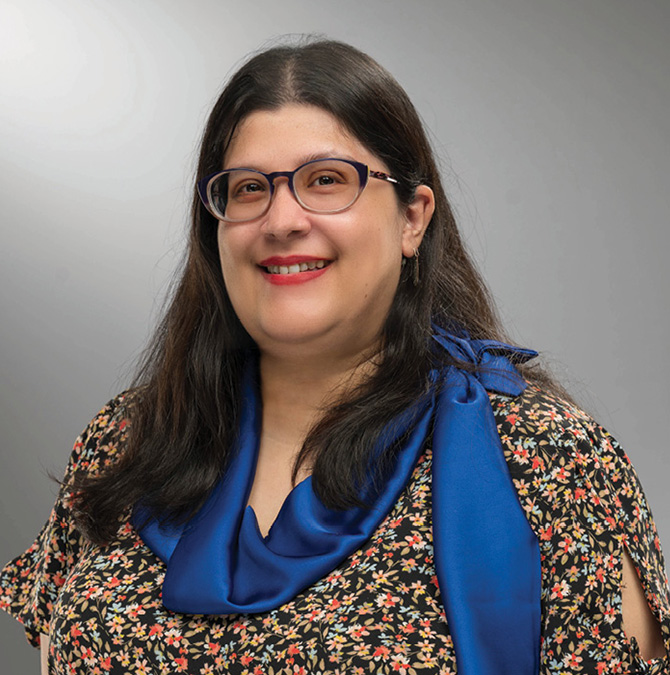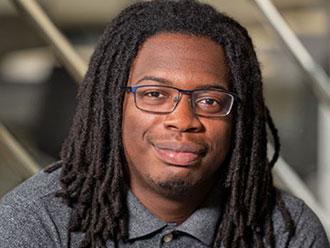By studying how roundworm cells die, Piya Ghose hopes to help patients with cancer and other disorders live. The assistant professor of biology received a National Institutes of Health grant to study which genes contribute to the death of complex cells. Presently, scientists do not entirely understand how this type of cell dies.
During her postdoctoral work, Dr. Ghose discovered a cell-killing phenomenon in C. elegans nematodes, a type of roundworm, that had never been described before. She named it Compartmentalized Cell Elimination (CCE).
“Since we see CCE in two different cell types in the worm and because many of the genes we’ve identified as important for CCE have human counterparts, there is a high probability that CCE occurs in humans as well,” Ghose explains. She and her team hope to unravel how these genes play a role in CCE and how CCE takes place.
“The long-term hope is to develop targeted therapies for neurodevelopmental and neurodegenerative disorders and injuries as well as cancer.”



